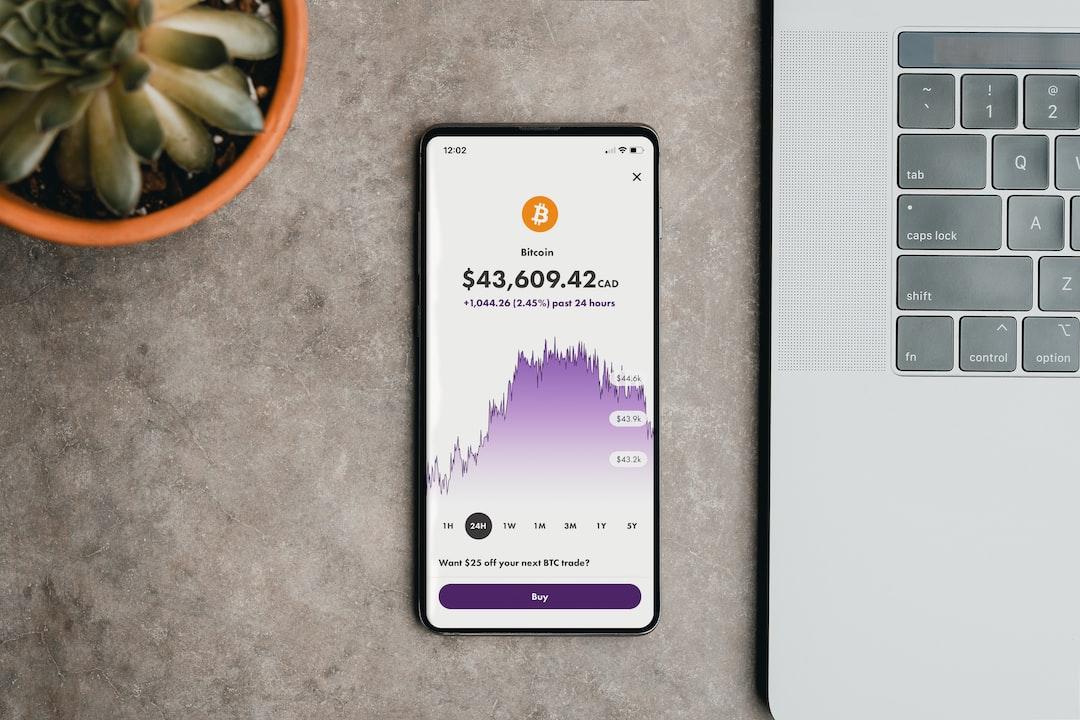Internet connectivity in India, the world’s most populous country, is set to undergo a decentralization revolution with the introduction of a new decentralized physical infrastructure network (DePIN). Wifi Dabba, an internet service provider, has announced plans to deploy over 100,000 DePIN devices on the Solana blockchain across India by the end of the year in an effort to bridge the digital divide.
Despite India’s massive population of 1.43 billion people, access to broadband connectivity remains low. Only 30 million citizens have regular access to WiFi, and nearly 50% have no access at all. Wifi Dabba aims to change this by expanding its DePIN-connected devices, which have already seen a monthly consumption of 90-100 terabytes of paid data.
One unique feature of Wifi Dabba’s approach is that users who own their router hardware can earn Wifi Dabba tokens as a reward for providing data to hotspot users. This incentivized model encourages participation and contributes to the growth of the network.
Karam Lakshman, the CEO of Wifi Dabba, explained why India is an ideal location for deploying DePIN technology. Not only does the country face a lack of access for many of its citizens, but major telecom companies primarily focus on urban areas. Lakshman emphasized that connecting the entire country could take several decades without factoring in future data demand. He also noted that India’s position as the fifth-largest economy and a major holder of cryptocurrency highlights the urgent need for faster infrastructure development.
Shubhendu Sharma, the COO of Wifi Dabba, highlighted the advantages of DePINs over the centralized model dominated by a few telecom firms. DePINs allow for accelerated infrastructure expansion by involving incentivized deployers like local cable operators. This approach involves multiple stakeholders and offers better services and accountability.
Wifi Dabba’s existing networks in Bangalore have already seen widespread usage across different economic strata, benefiting users ranging from taxi and delivery drivers to corporate executives. The company has also been involved in Google’s local public WiFi initiatives in India and laser free-space optical communication internet deployments, further enhancing internet accessibility nationwide.
DePINs have gained traction in the Web3 space as a significant innovation to bridge the gap between the decentralized world and the mainstream. In a notable example, one company tokenized 100 Tesla cars on the blockchain using DePIN technology to democratize and decentralize a ride-sharing initiative in Europe.
Dawn Philip, the communications director for Wifi Dabba, expects a substantial increase in the adoption of DePINs and supporting services in 2024, particularly in developing nations. Additionally, industry experts have predicted that the combination of DePIN technology and artificial intelligence will be the “power duo” of 2024.
As a hub for digital nomads and cryptocurrency enthusiasts, Cape Town in South Africa has been dubbed “Crypto City.” The city offers a vibrant crypto ecosystem, making it an attractive destination for those looking to work and live in a crypto-friendly environment.

